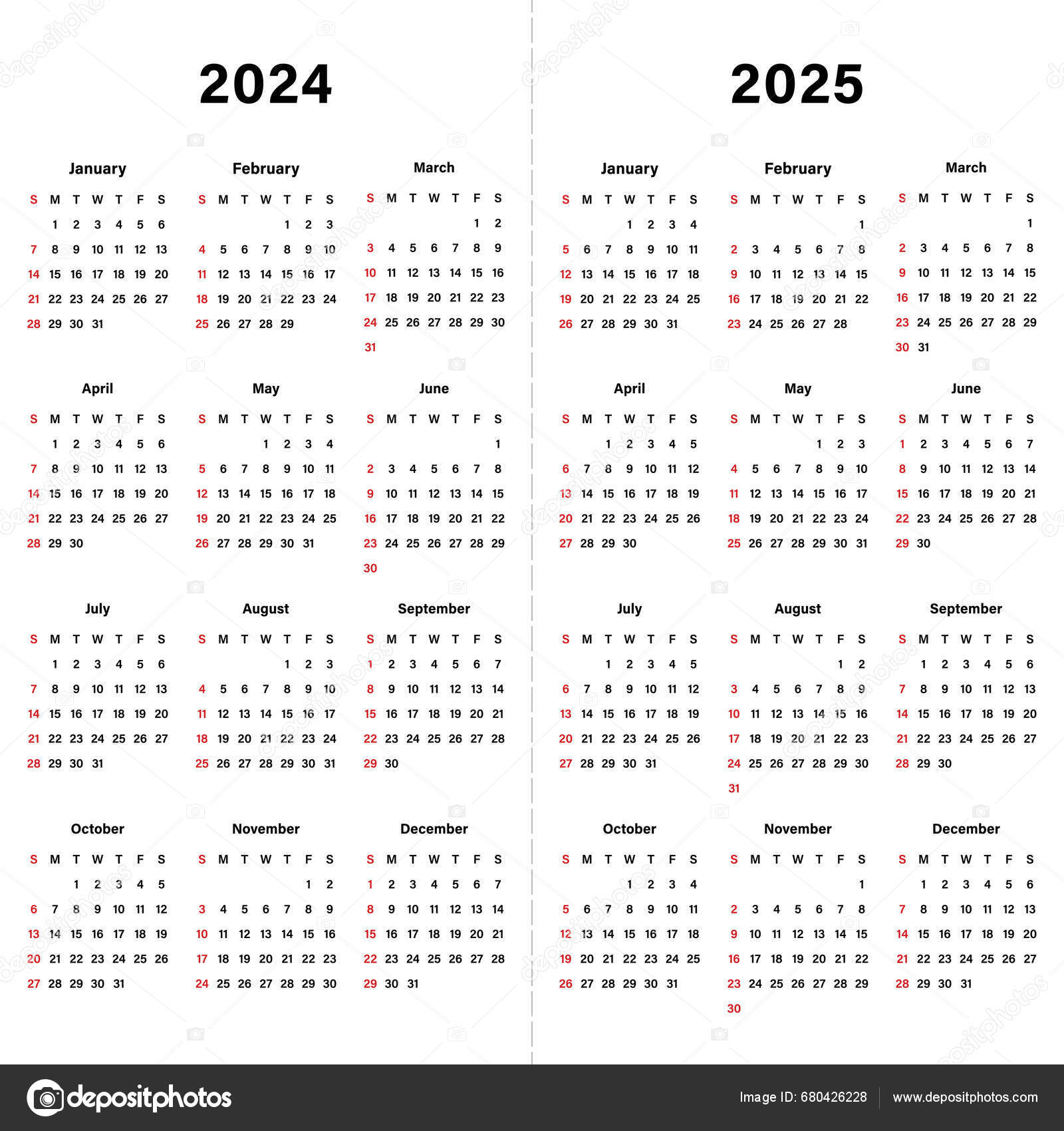Movie Rules 2025: The Ultimate Guide To What's Trending And Changing In Cinema
Alright folks, let’s dive straight into the cinematic revolution that’s shaping up in 2025. The movie industry is evolving faster than ever, and if you're not paying attention, you might miss some game-changing rules and trends. From streaming platforms taking over to groundbreaking tech like AI and VR reshaping how movies are made and watched, there’s so much happening. If you’re a movie buff or just someone who loves keeping up with pop culture, this guide is for you. We’re breaking down the movie rules of 2025 in a way that’s easy to digest and packed with insider knowledge.
So why does 2025 matter so much? Well, this year isn’t just about new releases; it’s about the rules that are rewriting how films are made, distributed, and consumed. Whether you’re a filmmaker looking to break into the industry, a fan eager to know what’s next, or even a business owner trying to tap into the movie market, these rules are crucial. Get ready for a wild ride through the world of cinema!
And hey, don’t worry if you’re feeling overwhelmed. We’ve got you covered with all the info you need to stay ahead of the curve. So buckle up, grab your popcorn, and let’s explore the movie rules 2025 has in store for us!
- Movie Rules 2025 Your Ultimate Guide To The Future Of Cinema
- Haircuts With Glasses And Bangs The Ultimate Guide For A Trendy Look
Here's a quick table of contents to help you navigate:
- The Rise of Streaming Platforms
- AI in Filmmaking: Friend or Foe?
- Virtual Reality: The New Normal
- Diversity and Inclusion in Movies
- Short Films: The New Blockbusters
- Movie Budgets: Tighter Than Ever
- The Global Box Office
- Marketing Strategies for Movies
- Censorship and Ratings Systems
- The Future of Cinema
The Rise of Streaming Platforms
Let’s face it, streaming platforms are now the kings of the movie world. Gone are the days when you had to wait for a movie to hit theaters before you could watch it. Platforms like Netflix, Amazon Prime, Hulu, and Disney+ have completely changed the game. In 2025, these platforms aren’t just competitors to theaters—they’re redefining the entire industry. According to a report by Statista, the global streaming market is projected to grow by over 12% annually, and that’s no small number.
Streaming services offer something theaters can’t—convenience. You can watch a movie from the comfort of your couch, pause it when you want, and even binge-watch entire seasons of your favorite shows. But this shift isn’t without its challenges. With so many options available, studios have to work harder to stand out. This means more niche content, shorter release windows, and even direct-to-streaming premieres.
- Embracing The Journey Growing Out Short Hair Over 50
- Junko Furuta Full Story A Dark Tale That Still Haunts Japan
Why Streaming Platforms Dominate
- Unlimited access to movies and shows
- Personalized recommendations based on your viewing habits
- No ads (most of the time)
- Flexibility in watching schedules
So what does this mean for traditional theaters? Well, they’re not going anywhere anytime soon, but they’ll have to adapt. Offering exclusive experiences, like IMAX screenings or special events, might be their best bet to survive in this new era.
AI in Filmmaking: Friend or Foe?
Artificial Intelligence (AI) is another big player in the movie rules of 2025. From scriptwriting to special effects, AI is everywhere. It’s helping filmmakers create more realistic visuals, automate repetitive tasks, and even predict which movies will be successful. But with all these benefits, there’s also a downside. Some worry that AI could take away jobs from human creators or make movies feel too formulaic.
Take, for example, AI-generated scripts. While they can save time and money, they might lack the emotional depth that only a human writer can bring. Similarly, AI-powered visual effects can look stunning, but they might also make everything look the same. The key here is balance. AI should be used as a tool to enhance creativity, not replace it.
Benefits of AI in Filmmaking
- Cost-effective production
- Improved special effects
- Enhanced data analysis for marketing
- Faster post-production processes
As we move forward, filmmakers will need to figure out how to integrate AI into their workflows without losing the human touch. It’s a delicate balance, but one that could lead to some incredible innovations.
Virtual Reality: The New Normal
Virtual Reality (VR) is another game-changer in the movie rules of 2025. Imagine being able to step inside your favorite movie and experience it as if you were really there. That’s what VR promises. While it’s still in its early stages, the potential is huge. Studios are already experimenting with VR experiences that allow viewers to interact with characters and explore worlds in ways never before possible.
But VR isn’t just about entertainment. It’s also about education and empathy. Documentaries and short films are using VR to immerse viewers in real-world issues, making them feel more connected to the stories being told. This could lead to more impactful storytelling and greater social awareness.
Challenges of VR in Movies
- High production costs
- Technical limitations
- Accessibility issues
- Viewer fatigue
Despite these challenges, VR is here to stay. As technology improves and becomes more affordable, we can expect to see more VR-based movies hitting the market. It’s a thrilling prospect for both creators and audiences alike.
Diversity and Inclusion in Movies
Diversity and inclusion have become hot topics in the movie industry, and for good reason. Audiences are demanding more representation on screen, and studios are finally starting to listen. In 2025, we’re seeing more movies with diverse casts, stories from underrepresented communities, and behind-the-scenes opportunities for people of color, women, and LGBTQ+ creators.
But diversity isn’t just about ticking boxes. It’s about telling authentic stories that resonate with audiences from all walks of life. When done right, diverse representation can lead to more engaging and profitable movies. According to a study by McKinsey, companies that prioritize diversity outperform their less diverse counterparts by 35%.
Why Diversity Matters in Movies
- Reflects real-world demographics
- Connects with a wider audience
- Encourages creativity and innovation
- Drives box office success
As the industry continues to evolve, we can expect to see more emphasis on diversity and inclusion. It’s not just the right thing to do—it’s good business.
Short Films: The New Blockbusters
Short films are having a moment in 2025. With attention spans getting shorter and social media platforms like TikTok and Instagram Reels dominating the landscape, short films are becoming the new blockbusters. They’re quick, engaging, and perfect for mobile viewing. Filmmakers are using this format to tell powerful stories in just a few minutes, proving that less can be more.
But don’t mistake short films for being less serious. Many of them tackle complex themes and issues, often with more depth than their longer counterparts. They’re also a great way for new talent to break into the industry. Platforms like Vimeo and YouTube are filled with short films that have gone viral, launching the careers of their creators.
Why Short Films Are Trending
- Perfect for mobile viewing
- Engages audiences quickly
- Cost-effective to produce
- Platform for new talent
As more filmmakers embrace this format, we can expect to see even more innovative and impactful short films in the years to come.
Movie Budgets: Tighter Than Ever
Budgets are a big deal in the movie industry, and in 2025, they’re getting tighter. Studios are under pressure to make movies that are both high-quality and cost-effective. This means more focus on pre-production planning, efficient shooting schedules, and creative use of resources. It also means saying goodbye to some of the extravagant budgets of the past.
But tighter budgets don’t have to mean lower quality. In fact, many filmmakers argue that constraints can lead to more creative solutions. Think about it—when you have less money to work with, you have to get more creative with how you tell your story. This can lead to more innovative filmmaking techniques and unexpected surprises.
Strategies for Managing Movie Budgets
- Pre-production planning
- Efficient shooting schedules
- Creative use of resources
- Collaboration with other filmmakers
As studios continue to tighten their belts, we can expect to see more movies that prove that great storytelling doesn’t have to come with a big price tag.
The Global Box Office
The global box office is another key player in the movie rules of 2025. With movies being released worldwide, studios have to think globally from the start. This means considering different cultural contexts, language barriers, and market preferences. It also means creating movies that can appeal to a wide range of audiences, without losing their unique identity.
According to the Motion Picture Association, the global box office revenue is expected to reach $50 billion by 2025. That’s a huge number, and it shows just how important the global market is for the movie industry. Studios are investing heavily in international releases, co-productions, and marketing strategies that can reach audiences in every corner of the world.
Challenges of the Global Box Office
- Cultural differences
- Language barriers
- Market preferences
- Regulations and censorship
As the industry continues to expand globally, we can expect to see more collaboration and innovation in how movies are made and marketed.
Marketing Strategies for Movies
Marketing is crucial for any movie, and in 2025, strategies are getting more sophisticated. With so much competition, studios have to find ways to make their movies stand out. This means using data-driven insights, social media campaigns, influencer partnerships, and even gamification to engage audiences.
One of the biggest trends in movie marketing is personalization. By analyzing viewer data, studios can create targeted campaigns that speak directly to individual preferences. This can lead to higher engagement and better box office results. But it also raises questions about privacy and data security, which studios will need to address as they continue to evolve their marketing strategies.
Effective Movie Marketing Strategies
- Data-driven insights
- Social media campaigns
- Influencer partnerships
- Gamification
As marketing continues to evolve, we can expect to see even more innovative and engaging campaigns that capture the hearts and minds of audiences worldwide.
Censorship and Ratings Systems
Censorship and ratings systems are important considerations in the movie rules of 2025. With movies being released globally, studios have to navigate different regulations and standards. This can be challenging, especially when dealing with sensitive topics or controversial content. But it’s also an opportunity to create movies that resonate with audiences in meaningful ways.
According to the International Federation of the Phonographic Industry, over 50% of global audiences consider ratings systems important when deciding which movies to watch. This shows just how influential these systems can be. Studios have to balance creative freedom with compliance, ensuring that their movies meet the necessary standards without sacrificing their artistic integrity.
Key Considerations for Censorship and Ratings
- Global regulations
- Cultural sensitivities
- Viewer expectations
- Legal requirements
As the industry continues to grow, we can expect to see more discussions and debates about censorship and ratings systems. It’s a complex issue, but one that’s crucial for the future of cinema.
The Future of Cinema
- Www5movierulzcom 2022 Download Your Ultimate Guide To Movies On The Web
- Hub 4 You Movie A Mustwatch Experience Thatrsquoll Blow Your Mind

2025 calendar

Movie Premieres 2025 Jena Robbin

2025 Best Picture